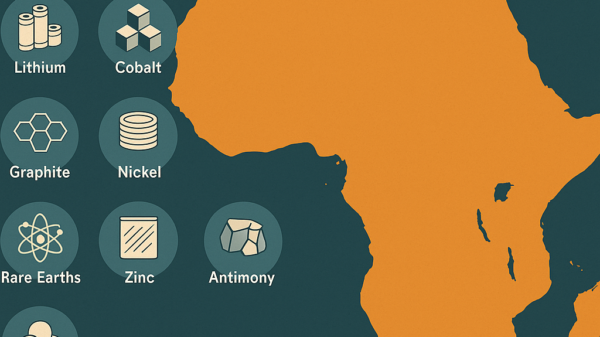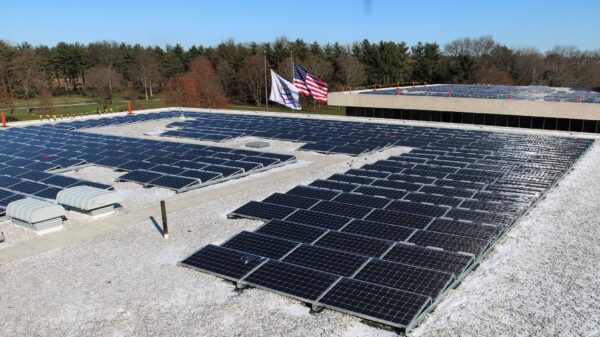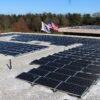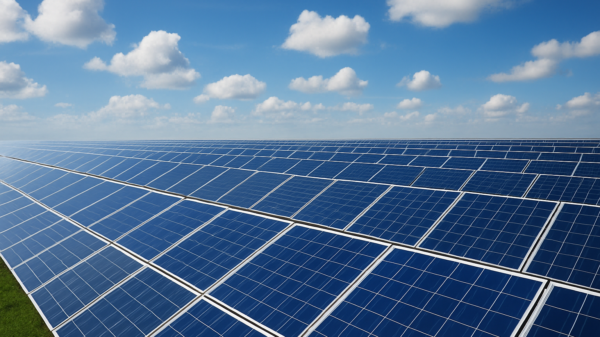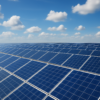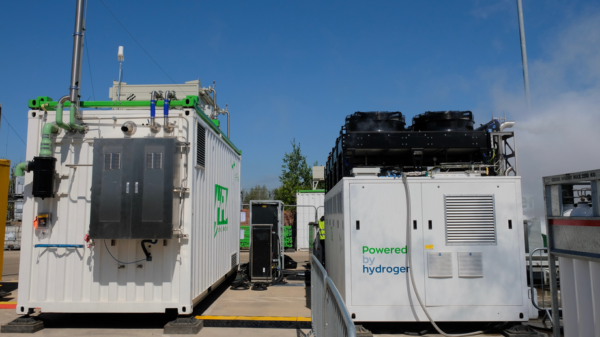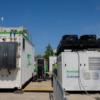Nikola Corporation (NASDAQ:NKLA) issued a statement of support for the Inflation Reduction Act (IRA), which President Joe Biden signed into law in August, and laid out how it will benefit the company.
The legislation in question supports every function and aspect of Nikola’s integrated truck and energy business model, be it the development of zero emissions vehicle tech to the low-cost hydrogen production and infrastructure deployment.
“The energy and climate investments included in the IRA are anticipated to help accelerate our strategic initiatives and drive new growth opportunities. Given the expected scale of our hydrogen business model, and our early mover advantage, we believe Nikola is ideally positioned to benefit from nearly every aspect of the legislation at a scale ahead of current industry participants. The Act is expected to provide significant benefits to Nikola through production and investment tax credits, direct pay provisions, and other incentives that are expected to lower the cost of hydrogen, dispensing infrastructure and trucks for Nikola and our customers. The legislation is projected to enable Nikola and our strategic partners to create more jobs, play a key role in the transition to a low carbon economy, and build on our leadership position in zero-emission transportation,” said Michael Lohscheller, president of the Nikola Corporation.
Nikola Corporation designs and manufactures zero-emission battery-electric and hydrogen-electric vehicles, electric vehicle drivetrains, vehicle components, energy storage systems, and hydrogen station infrastructure. Its business model also supports truck customers in need of hydrogen and hydrogen chargin stations. These initiatives serve the overall goal of widespread adoption of fuel cell electric vehicle fleets (FCEV).
Read more: Ideanomics subsidiary secures big business contracts for electric tractors
Read more: ‘Clean’ technology company brings its hybrid diesel-electric products to market
The inflation reduction act and hydrogen production
The inflation reduction act along will reduce costs for hydrogen production and distribution. However, the infrastructure required for hydrogen supply and distribution for the heavy duty sector doesn’t yet exist. The company believes the inflation reduction act will help change that. That way, we can have more zero-emission vehicles on the road, and more value in Nikola’s pockets.
Nikola has already started putting together a hydrogen dispensing station development program in California. It has previously announced three station locations in August 2022 with three more products across the U.S. in progress. The dispensations towards hydrogen supply and station infrastructure development will substantially help Nikola’s projects.
The company and its partners are working to build a hydrogen supply and dispensing infrastructure business. The aim is to develop up to 300 metric-tons per day of hydrogen supply and approximately 60 hydrogen dispensing stations by 2026. Several projects are underway, including a hydrogen producing hub in Arizona.
Additionally, the company has invested in Wabash Valley Resources (WVR) in Indiana to produce another 250 metric-tons of low-carbon hydrogen everyday. Nikola has a 20 per cent ownership interest. The production at the WVR facility will bolster Nikola’s ability to supply the Midwest with 50 metric-tons of daily hydrogen.
Then there’s the carbon management tax credits, which will help the company substantially:
- The Clean Hydrogen Production Tax Credit (45V) provides up to $3 per kilogram of hydrogen produced. The tax credit is a direct pay source of revenue for the first five years of a facility’s production.
- The Carbon Sequestration Credit (45Q) has been extended and provides up to $85 per metric-ton of carbon, which equals up to $1.00 per kilogram captured and sequestered. This incentivizes Nikola’s planned hydrogen supply projects using advanced technologies to capture carbon.
- The extension of existing energy Investment Tax Credits (48) promotes the development of renewable electricity projects that provide zero-carbon electricity used in the production of hydrogen via electrolysis.
- The Investment Tax Credit (48D) will benefit the hydrogen manufacturing process, including hydrogen storage, by up to 30% of the eligible investment.
- The Alternative Fuel Refueling Property Credit (30C) supports Nikola’s plans to build with its partners up to 60 dispensing stations by 2026. The provision offsets the cost of construction for up to $100,000 per dispensing equipment item. Stations are expensive and this could be a significant help in reducing costs
Together, these incentives are expected to provide value across Nikola’s integrated truck and energy business model. It accomplish this by reducing costs on production for low carbon hydrogen, infrastructure costs for building hydrogen dispensing stations, and ownership costs of a Nikola FCEV. This cost reductions will help the company compete on a total cost of ownership basis with traditional diesel vehicles.







